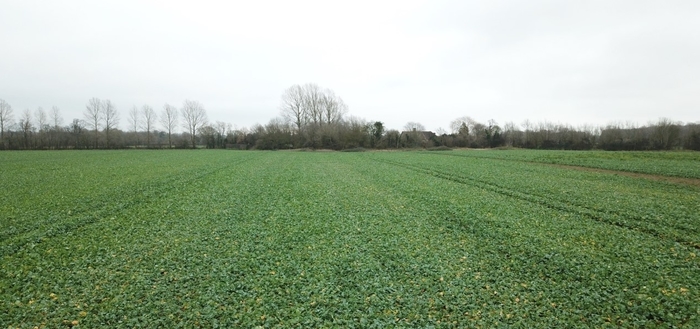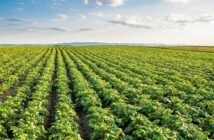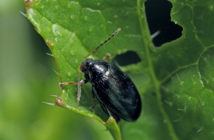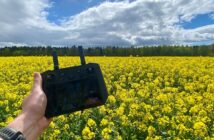Oilseed rape growers are being urged to consider the actions they can take to protect watercourses before they plant the crop in the coming months.
Corteva Agriscience says field selection, tramline placement and buffer zones can all play an important role in effective stewardship which will protect the use of key products in the future.
In line with best practice guidance from the Voluntary Initiative, growers are advised to implement simple steps which will help ensure autumn and winter-applied products don’t reach watercourses.
Renowned herbicides such as AstroKerb® and Kerb® Flo 500 contain propyzamide and are the cornerstones of many herbicide programmes. But Field Scientist Edward Bardsley says stewardship principles must be followed to maintain the sustainability of these types of product going forward,
Edward said: “Considering the protection of watercourses and taking necessary action on farm to reduce risks before they becomes an issue is the best way to protect drinking water and safeguard future use of products containing propyzamide.”
Aiming to grow oilseed rape on a low-risk field which doesn’t slope towards water, that is less susceptible to run-off, or is far away from any watercourses are all proactive measures farmers can take early on in their planning.
“Considering the placement of tramlines will ensure they do not provide a direct route for water to leave a field,” Edward said.
“Buffer zones also reduce the chance that run-off could reach a watercourse. The Voluntary Initiative recommends a six-metre buffer if possible and wider buffers are advisable in particularly vulnerable areas.”
Considering appropriate establishment, direction of working travel, soil type and topography also have a role to play.
In order to find out if your planned oilseed rape fields are in a Drinking Water Safeguard Zone, consult the Environment Agency’s WIYBY Drinking Water Safeguard Zones Website. If they are, consider what mitigation techniques are available to you or even avoid growing rape in these fields, particularly if they are high-risk.




